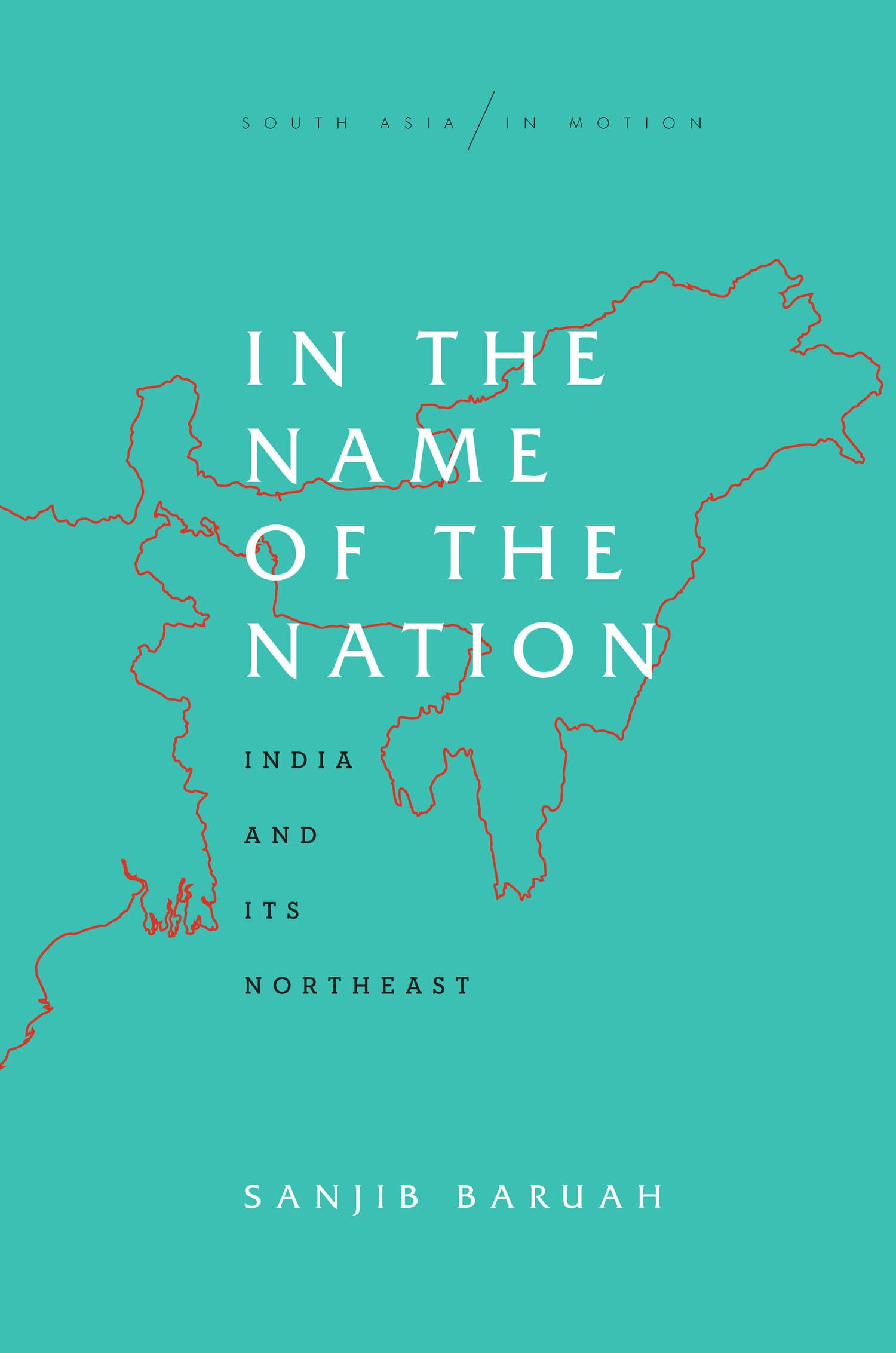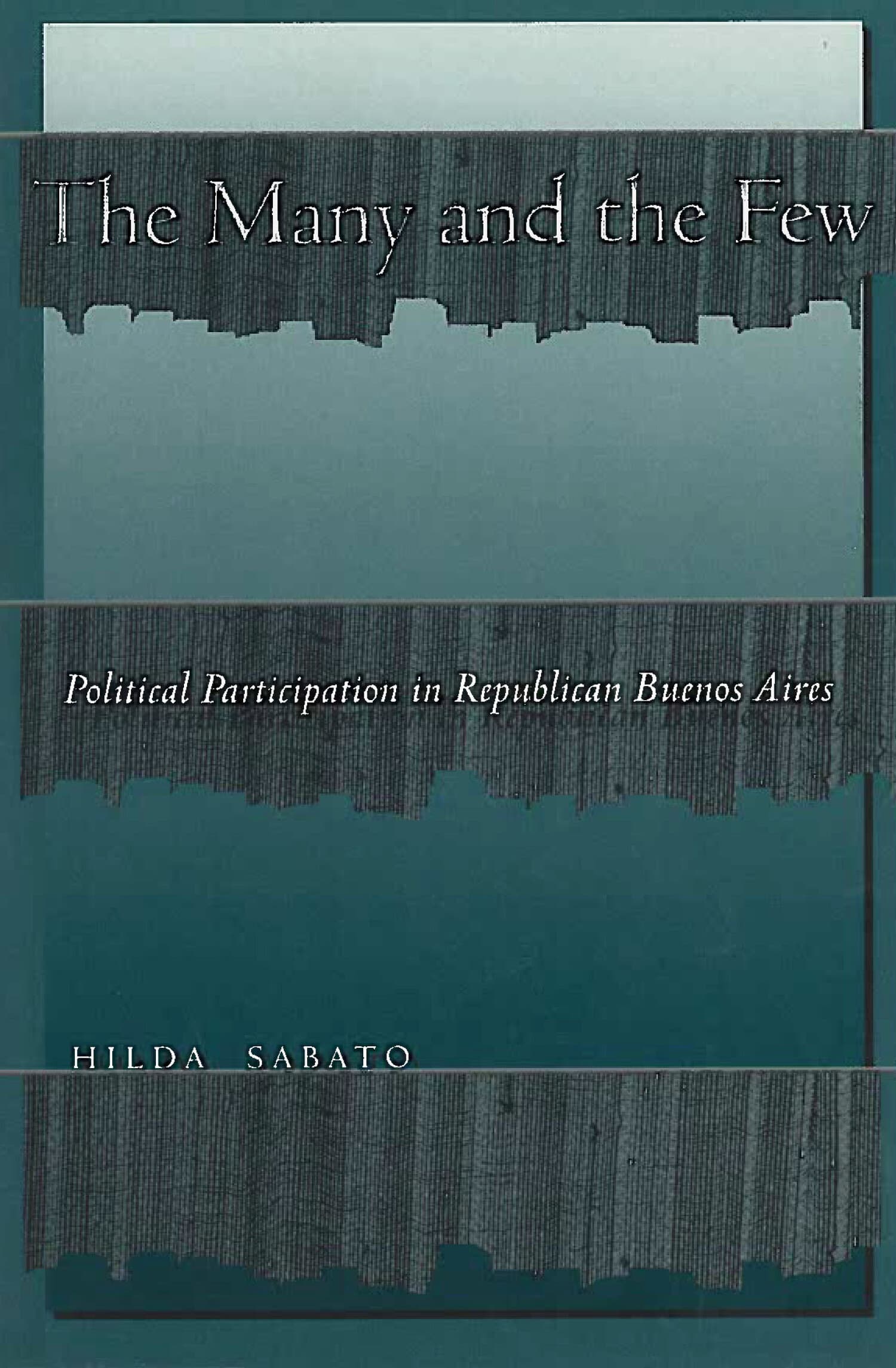Radical Equality

B.R. Ambedkar, the architect of India's constitution, and M.K. Gandhi, the Indian nationalist, two figures whose thought and legacies have most strongly shaped the contours of Indian democracy, are typically considered antagonists who held irreconcilable views on empire, politics, and society. As such, they are rarely studied together. This book reassesses their complex relationship, focusing on their shared commitment to equality and justice, which for them was inseparable from anticolonial struggles for sovereignty.
Both men inherited the concept of equality from Western humanism, but their ideas mark a radical turn in humanist conceptions of politics. This study recovers the philosophical foundations of their thought in Indian and Western traditions, religious and secular alike. Attending to moments of difficulty in their conceptions of justice and their languages of nonviolence, it probes the nature of risk that radical democracy's desire for inclusion opens within modern political thought. In excavating Ambedkar and Gandhi's intellectual kinship, Radical Equality allows them to shed light on each other, even as it places them within a global constellation of moral and political visions. The story of their struggle against inequality, violence, and empire thus transcends national boundaries and unfolds within a universal history of citizenship and dissent.
"Kumar's patient and probing reading of the works of Gandhi and Ambedkar—developed against the established consensus in the literature and with an eye to questions of liberalism and democracy—adds a new and distinctive voice to a growing, exciting corpus on these two thinkers. This is a welcome development for both South Asian Studies and for the study of modern political thought globally considered."—Dipesh Chakrabarty, The University of Chicago
"The book is very timely and relevant. Recent times have witnessed an unprecedented surge of communal forces that are actively involved in shrinking the secular spaces of dissent and choking the voices of sanity and rationality. Thus, the need of the day is the synergising of the strengths of both Gandhi and Ambedkar and harnessing them in our collective struggle against all fundamentalist forces. It is heartening to note that the book under review succeeds in meeting that challenge."— H. S. Komalesha, Economic and Political Weekly
"Aishwary Kumar's intellectual history makes a novel and exciting contribution to the progressively expanding literature concerning Bhimrao Ramji Ambedkar...Kumar has demonstrated the moments of symbiosis in Gandhian and Ambedkarite thought, as much as their contradictions. Radical Equality thus deserves to be essential reading for anyone interested in questions of democracy, sovereignty and anticolonial nationalism in the twentieth century."—Oliver Godsmark, Journal of Colonialism and Colonial History
"Kumar has written one of those unusual books that actually delivers more to readers than is suggested by the title. The book provides plethora of ideas which were rooted in the contemporary historical processes and were articulated dialectically in the course of India's nationalist history in which contrasting ideological views prosperedRadical Equality stands out because (a) it has reconfirmed, once again, that the concept-driven historicising makes historical narratives far clearer than mere description and (b) it has also demonstrated persuasively that BR Ambedkar was not merely a Dalit messiah but was also a powerful voice that created a space for constitutionalism and republican values in India." — Bidyut Chakrabarty, The Pioneer
"Radical Equality is an achievement. It rejects an all-too-common trend to read Gandhi and Ambedkar solely in oppositional terms, while equally rebuffing efforts to integrate the two as part of some unified theory of the modern Indian state. It captures the complexity of these two non-Western thinkers on their own terms: philosophically sophisticated and radically universal. It leaves the reader pondering the meanings of nonviolence, justice, and larger freedom, urgently relevant to the perilous times in which we live. And for that the book demands to be read. "—Manu Bhagavan,American Historical Review
"Kumar's study is an outstanding work of intellectual history that contains many exciting propositions....Kumar makes a valuable contribution to the field of Indian intellectual history."—Goolam Vahed, Canadian Journal of History




